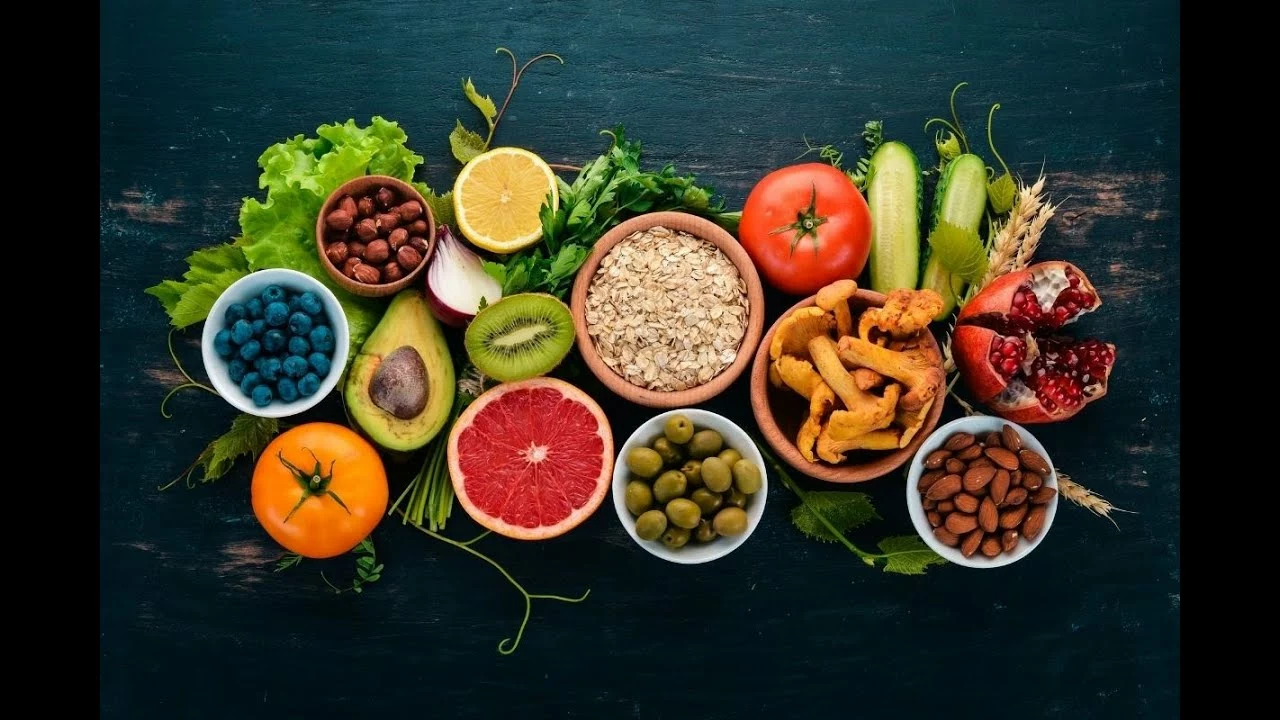Eating Habits That Every Soccer Fan Should Know
Ever felt drained halfway through a match or a training session? The culprit is often what’s on your plate, not the opponent. Good eating habits give your body the fuel it needs to sprint, tackle, and celebrate those winning goals. Below are down‑to‑earth tips you can start using today, whether you’re on the bench or cheering from the stands.
Build a Game‑Ready Meal Plan
Carbs are your primary energy source, so never skip them before a big game. Aim for complex carbs like whole‑grain pasta, brown rice, or sweet potatoes a few hours ahead of time. They release glucose slowly, keeping blood‑sugar levels steady throughout the match. Pair the carbs with lean protein—think grilled chicken, turkey, or legumes—to repair muscle fibers after those intense sprints.
Don’t forget healthy fats. A handful of nuts, avocado slices, or a drizzle of olive oil supports hormone production and joint health, both vital for quick direction changes. A balanced plate looks like a colorful plate: half veggies, a quarter protein, and a quarter carbs.
Timing matters, too. Eat a solid meal 3‑4 hours before you play, then a light snack 30‑60 minutes beforehand. A banana with a spoon of peanut butter, a small energy bar, or a yoghurt parfait can give that extra boost without weighing you down.
Snacks That Keep You on the Move
When you’re watching a game with friends, it’s easy to reach for chips and soda. Swap those for smarter choices that still satisfy cravings. Air‑popped popcorn, roasted chickpeas, or sliced apple with almond butter provide crunch and steady energy without the sugar crash.
Hydration is often overlooked. Dehydration can shave minutes off your reaction time and impair decision‑making. Aim for at least 500 ml of water two hours before activity, then sip 150‑200 ml every 15‑20 minutes during play. If you’re sweating heavily, a sports drink with electrolytes can restore lost salts, but keep it low‑sugar.
Post‑match recovery is where nutrition truly shines. Within 30 minutes, load up on a mix of carbs and protein—like chocolate milk, a protein shake with fruit, or a tuna sandwich on whole‑grain bread. This combo jump‑starts glycogen replenishment and muscle repair, getting you ready for the next training session.
Finally, listen to your body. If a certain food leaves you feeling sluggish or causes stomach upset, adjust your intake. Everyone’s digestive system reacts differently, so personalized tweaks are key.
Adopting these eating habits doesn’t mean you have to become a chef overnight. Small, consistent changes—like swapping white bread for whole‑grain or choosing water over soda—add up fast. Your energy levels will rise, your focus will sharpen, and you’ll feel more in control on the pitch or the couch.
Ready to give it a try? Pick one tip today, stick with it for a week, and notice how your performance or enjoyment of the game improves. Good food = good football—simple as that.
Do pro soccer players eat as they like during off-season?
In my recent research, I've discovered that professional soccer players don't have free rein to eat however they please in the off-season. Despite not being in active play, they still maintain a balanced diet to keep their bodies in top shape. This means consuming nutrient-dense foods and avoiding excessive amounts of junk food. Of course, they do enjoy a bit more flexibility and can indulge occasionally. But, overall, a disciplined approach to nutrition remains crucial, even during their break.
